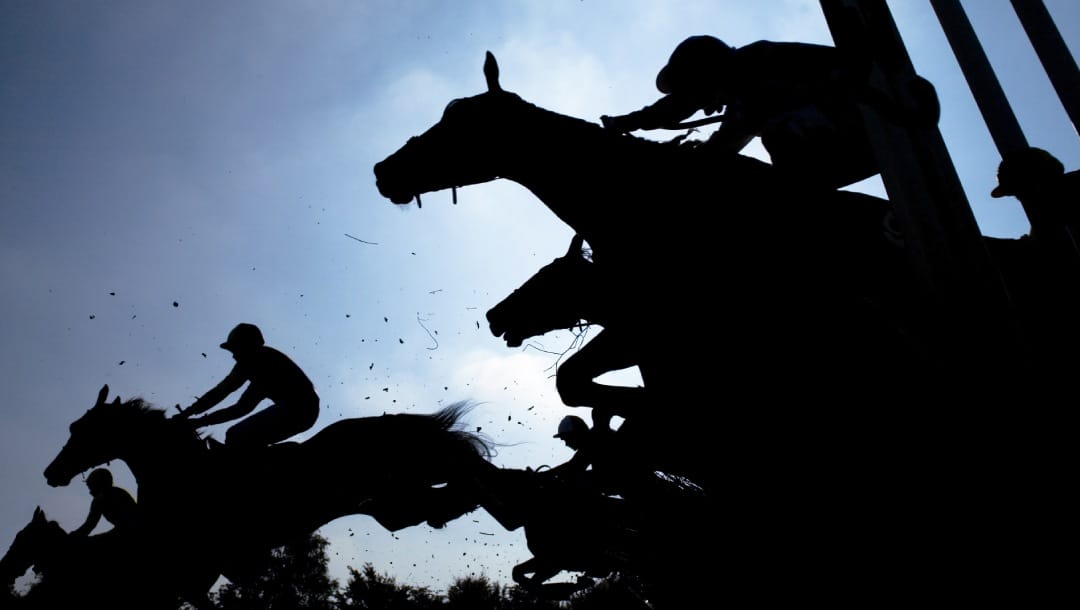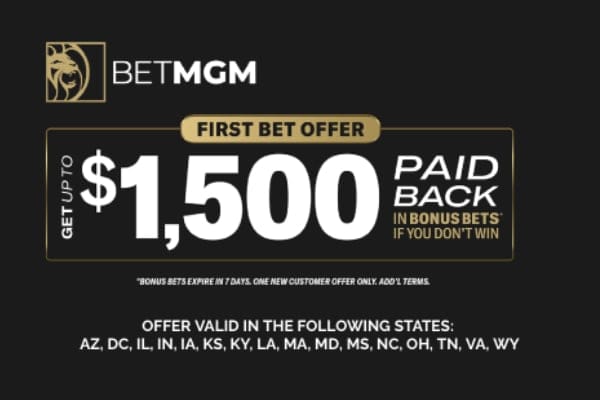On race day, horse bettors dissect multiple elements, from the number of horses in a race and its jockey to their current form and track conditions, such as the weather or terrain. For example, the odds of a horse who has been favored in the build-up may diminish in the case of rain on a dirt track.
Whether it’s online sports betting or staking at the track, experienced gamblers will consider all factors to give them the best possible chance of success; just like poker players will attempt to read their opponent to get a gist of what cards they may be holding. However, something that is often forgotten in horse betting payouts is the takeout rate. This is further complicated as the amount deducted varies from state to state. We discuss the ins and outs of NYRA takeout rates and how much each state charges.
What are takeout rates?
From high to low-value betting, there are several strategies for betting on horses that allow one to maximize their profits. But, before flirting with the idea of how you’re going to spend your winnings, it’s vital to identify the takeout rates according to the race you’re betting on.
So, what is a takeout rate? Essentially, it’s the same process as being taxed by the government. In horse racing, they’re pre-applied rates that are deducted from your winnings.
For example, if you make a $500 bet on a winning horse to win with 10:1 odds, your profit will be $5,000. But if the set rate is 20%, the track will take $1,000, and you’ll be left with $4,000.
How this $1,000 is distributed is similar to how the White House will pay officials, fix roads and develop infrastructure. However, tracks will spread their share of the profits with the jockeys, owners and trainers, as well as use it to maintain and develop their grounds and grandstands.
How do takeout rates affect payouts?

Some tracks take up to 25% of bettors’ profits, meaning it can affect payouts in a detrimental fashion. For beginners, it’s vital to take notes of the rates – especially when strategically betting on a budget. Although, there are different types of horse racing bets that can help minimize the effect of takeout rates.
Bear in mind that the rates won’t be advertised at the grounds, meaning you need to do your own research before attending the race. Lucky for you, we have them all listed below. But generally, the higher the odds, the more the NYRA takeout rate will be.
Takeout rates in different states
Arizona
- Up to 25% on win-place-show wagers, up to 30% on two-horse wagers, and 35% for more than two horses.
Arkansas
- 17% on single wagers and 21% on multiple wagers.
California
- 15.43% for win-place-show and 20.18% on exotic wagers for Thoroughbreds.
- 15.63% for win-place-show and 20.38% for exotic wagers for Quarter Horse meetings.
- 16.43% for win-place-show wagers and 24.18% for exotics at Harness meets.
- 16.77% for win-place-show and 21.52% for exotics at Fair meetings.
Colorado
- 18.5% on straight wagers and 28% on exotics.
Delaware
- 17% on straight wagers with an additional 2% on daily doubles and exactas, plus 8% on other exotic wagers for Thoroughbreds.
- 18% on straight wagers, 20% on multiple wagers on an eight-horse field, and 25% on multiple wagers on a nine-horse field for Harness.
Florida
- Each track can set its own rates.
Idaho
- 23% on straight wagers and 23.75% on exotics.
Illinois
- 17% on straight wagers, 20.5% on two-horse wagers, and 25% on three or more horse wagers.
Indiana
- 18% on straight wagers and 21.5% on exotics.
Iowa
- Up to 18% on win-place-show, 24% on wagers involving up to two horses, and 25% on other wagers.
Kansas
- 18% on win-place-show and 25% on multiple wagers if authorized by the racing commission.

Kentucky
- At tracks with over $1,200,000 daily average, 16% on straight wagers and 19% on exotics for Thoroughbreds.
- At tracks under $1,200,000 daily average, 17.5% on straight wagers and 19% on exotics for Thoroughbreds.
- 18% on straight wagers and 25% on exotics for Harness.
- 18% on straight wagers and 25% on exotics for Quarter Horse, Appaloosa, and Arabian.
Louisiana
- 17% on win-place-show, 20.5% on two-horse wagers, and 25% on three-horse wagers.
Maine
- 18% on straight wagers and 26% on exotics.
Maryland
- 18% on straight wagers, 21% on two-horse multiples, and 25.75% on three-horse multiples for Thoroughbreds.
- 25% on all wagers at Fair Hill.
- Tracks over $600,000 daily, 17% on straight wagers, 19% on two-horse multiples, and 25% on three-horse multiples for Harness.
- Tracks under $600,000 daily,18.75% on straight wagers, 20.75% on two-horse wagers, and 26.75% on three-horse wagers for Harness.
Massachusetts
- 19% on win-place-show wagers, 26% on exotics.
Michigan
- 17% on straight wagers, up to 28% on multiples.
Minnesota
- Not to exceed 17% on win-place-show wagering, 23% on exotic wagering.
Montana
- 20% on straight wagers and up to 25% on exotics.
Nebraska
- Not less than 15% or more than 18% on straight wagers. Up to and including 24% on exotic wagers.
New Hampshire
- 19% on win-place-show wagers, 26% on multiple wagers for Thoroughbreds.
New Jersey
- 17% straight wagers, 19% on two-horse selections, and 25% on three or more horse selections.
New Mexico
- 19% on win-place-show, 21–25% on exotic wagers for Class A tracks.
- 18.75% to 25% on win-place-show, 21% to 30% on exotic wagers for Class B tracks.
New York
- 14% on straight wagers, 17.5% on multiple wagers, 25% on exotics,15% on pick 6 with no carryover – 25% with carryover at NYRA tracks.
- 18% on straight wagers, 20% on multiple, and 25% on exotics for Harness.
Ohio
- 18% on win-place-show wagers and 22.5% on all other wagers.
Oklahoma
- 18% on win-place-show wagers, 20% on multiple-horse wagers, and up to three-race wagers. 25% on multiple race wagers involving more than three races.
Oregon
- 19% on wagers with one wagering interest, 22% on wagers with two or more wagering interests for commercial meets. Up to 22% at fairs and non-profit meets.
Pennsylvania
- 17% on regular wagering pools, 19% if the average daily handle is less than $300,000, 20% on exactas, daily doubles, quinellas, 26–35% on trifectas.
Texas
- 18% on regular wagers, 21% on two-horse wagers, and 25% on wagers involving three or more horses.
Virginia
- 18% on straight wagers and 22% on all other wagers.
Washington
- 16.1% on win-place-show wagers.
West Virginia
- 17.25% on win-place-show wagers, 19% on two-horse wagers, and 25% on wagers on three horses or more.
Bet state-to-state with BetMGM
BetMGM offers gamblers access to races all over America (and the world.) So, take advantage of states with low takeout rates and maximize your earnings. Register today and get in on the action!










